The CPD Blog is intended to stimulate dialog among scholars and practitioners from around the world in the public diplomacy sphere. The opinions represented here are the authors' own and do not necessarily reflect CPD's views. For blogger guidelines, click here.
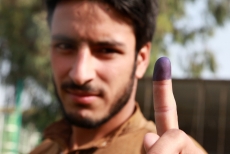
Lieutenant Commander Joshua Frey on fighting insurgents with democratic elections.
With scarce PD resources, can the U.S. afford to invest in Central Europe? It can't afford not to, argue Caitlin Bergin and Mieczyslaw Boduszynski.
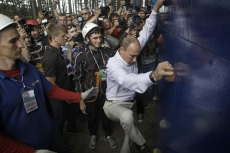
The conclusion of Yelena Osipova's two-part analysis of Russian PD.
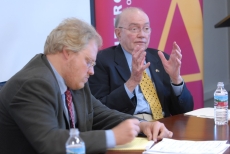
Nicholas Cull and CPD mourn the loss on October 31 of one of the country's finest public diplomats.
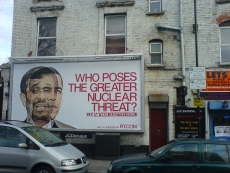
Russia is finding its voice in the world of public diplomacy.

Former VOA senior advisor extends William Burns' parting thoughts for diplomats to USIB
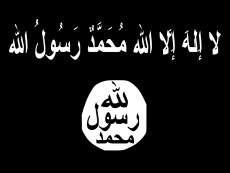
Philip Seib makes the case for a new counterterrorism approach.
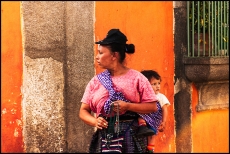
When it comes to understanding unaccompanied child immigrants, the U.S. is missing the mark.
Pages
Visit CPD's Online Library
Explore CPD's vast online database featuring the latest books, articles, speeches and information on international organizations dedicated to public diplomacy.
POPULAR ARTICLES
-
January 20
-
January 2
-
December 15
-
December 17
-
December 17
Featured Blogger
Join the Conversation
Interested in contributing to the CPD Blog? We welcome your posts. Read our guidelines and find out how you can submit blogs and photo essays >.








